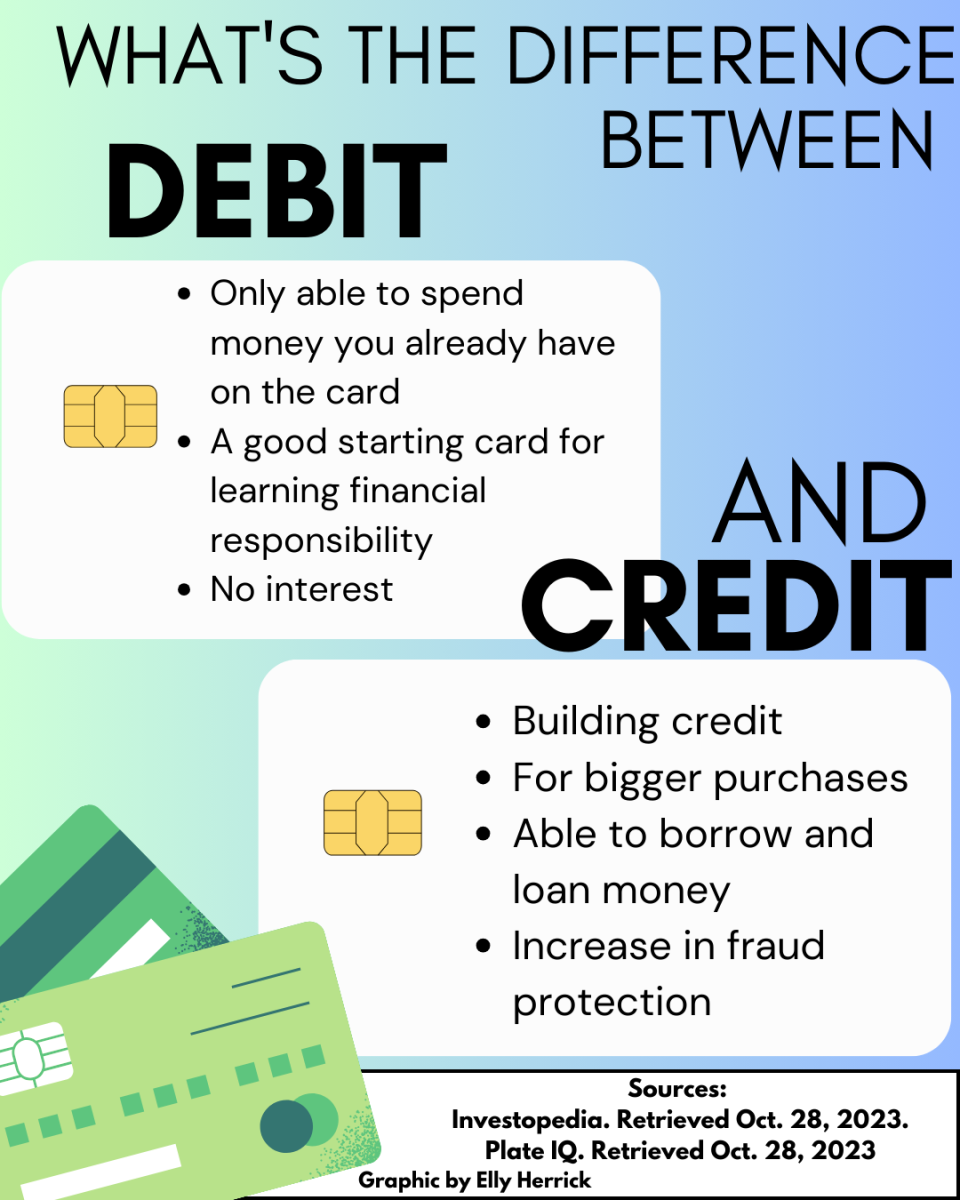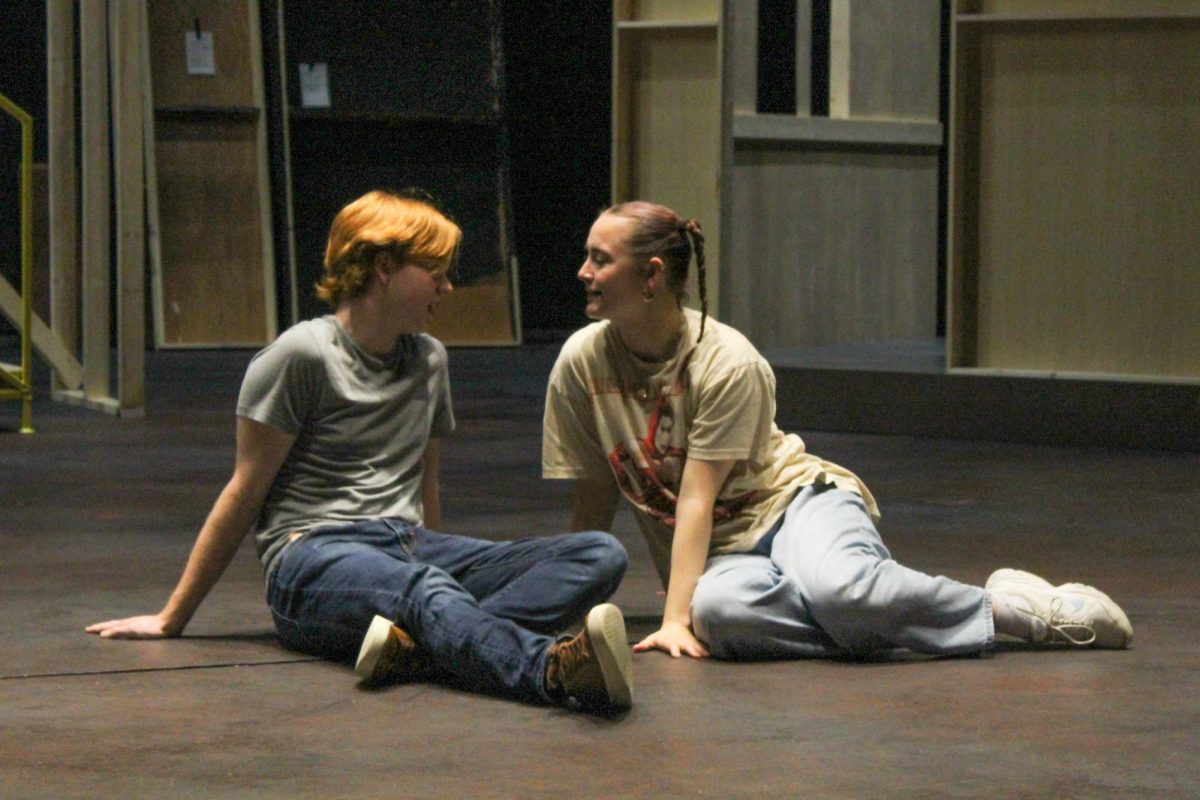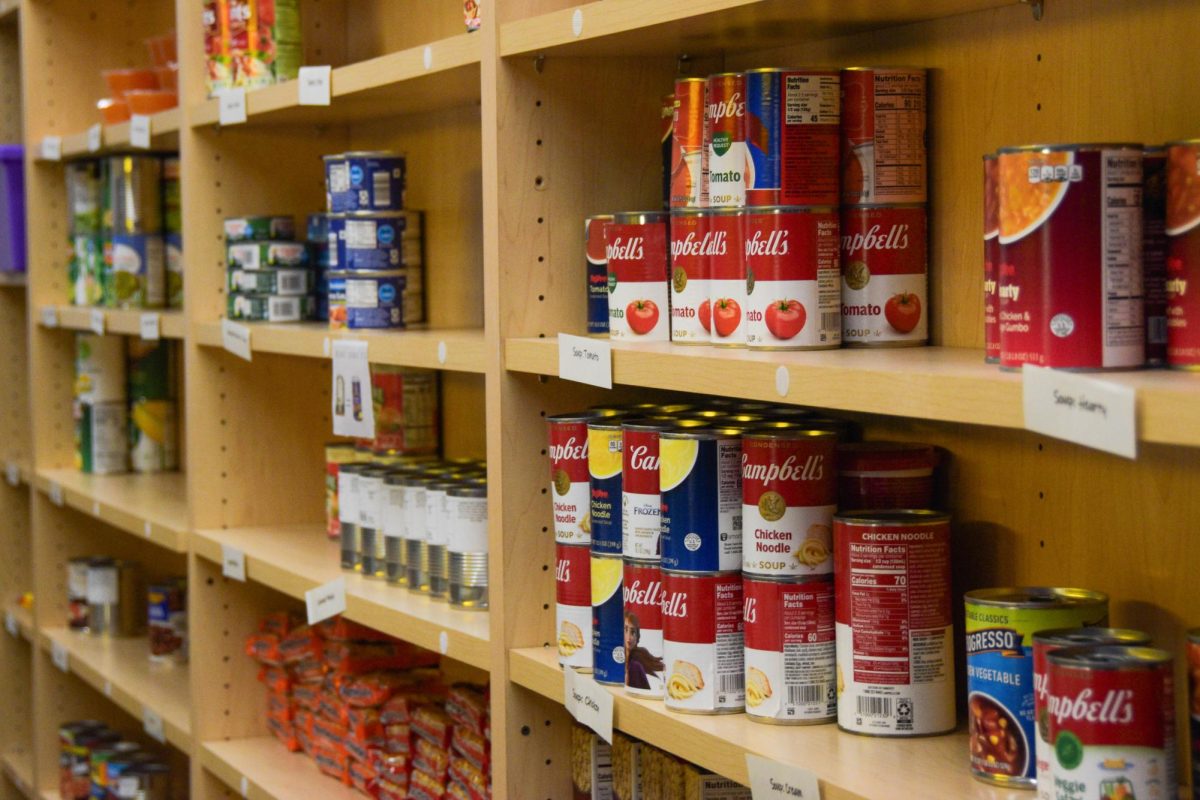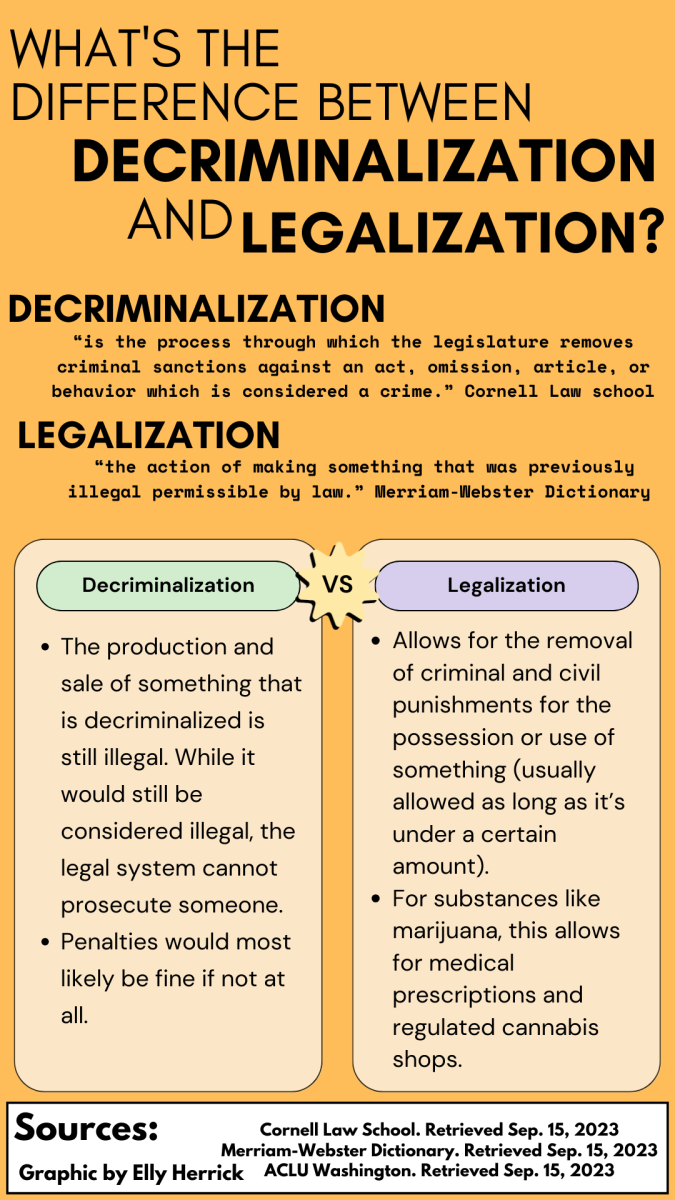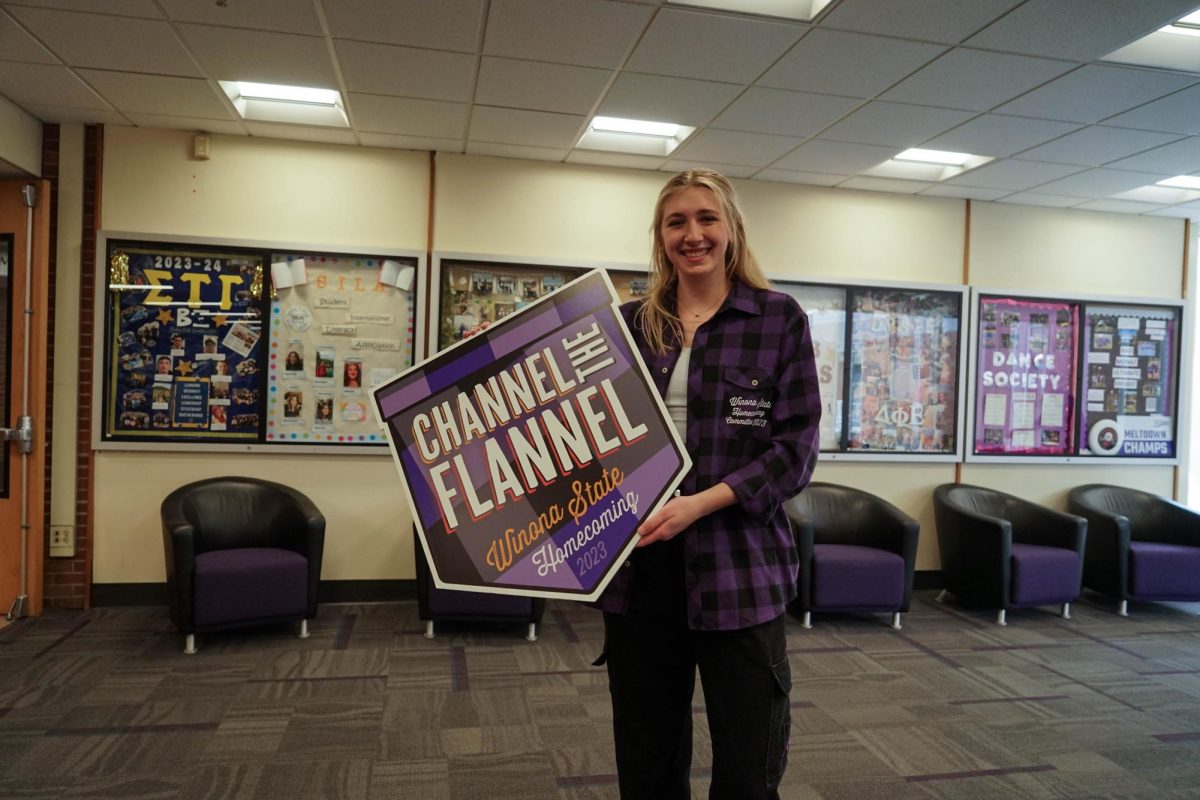Kalika Valentine-Erickson/ Winonan
Which is better: an e-book or a paper book?
This has been a serious and debatable question since the first e-reader was introduced years ago. On Feb. 3, the 547th anniversary of Gutenberg’s death, Winona State University’s Darrel Krueger Library hosted an event titled “The Sustainability of the Book.”
During the event, panel members discussed varying opinions on both e-books and paper books and their sustainability.
Panel members included Allison Quam, coordinator of Reference Services and Special Collections; Adam Krings, WSU textbook manager; Chris Livingston, owner of The Bookshelf; Tammi Owens, Emerging Services librarian; Jill Krase, book binder at Ovenbird Bindery; and Andrew Higl, an English professor. Jim Armstrong, another English professor, was also active in the discussion, but was not part of the panel.
Livingston, who seemed to prefer physical paper books, said, “In 2014 e-book sales were flat as opposed to six or seven years earlier. We were seeing exponential growth. People in publishing were saying the book is dead.”
Livingston pointed out that statistics showed that people who were buying e-books were also buying print books.
“That was always very, from the beginning, very promising to us as book sellers,” he said.
Another argument on the preference of paper books was brought up when an audience member discussed students’ need for textbooks.
“I work with nursing students,” Owens said. “Even though their books are gigantic, many of them prefer the actual book. They have trouble memorizing if it’s on a screen.”
Owens continued by talking about a study stating when a person needs to read to study they prefer paper, but if they’re reading for pleasure or relaxation they may prefer a device.
Higl brought up that oftentimes textbooks are simply copied from their paper state onto a digital platform.
“If things were written for electronic consumption it would be different,” he said. Higl also discussed the benefits of having digitized manuscripts for his medieval English classes.
Krase stated people shouldn’t have to choose either the e-book or the paper book.
“It’s not a one way transition from paper to digital. It’s more of a circle or a windy path where the two are very intertwined,” she said.
The panel talked about whether e-books or paper books were more sustainable. Higl discussed how one of the only things that survived the attacks on the World Trade Center was hard-drives, with retrievable information. The destruction of the buildings caused most paper books to be destroyed.
Livingston argued why he thinks a paper book could be more sustainable when he stated the difference between owning a paper book and an e-book. One can purchase an e-book, but they do not actually own anything physical.
“It’s a different model of ownership,” he said.
The panel never came to an agreement on which reading platform was better with positive and negative arguments for both. Personal preference is the only true deciding factor when it comes to how one will read.




























































